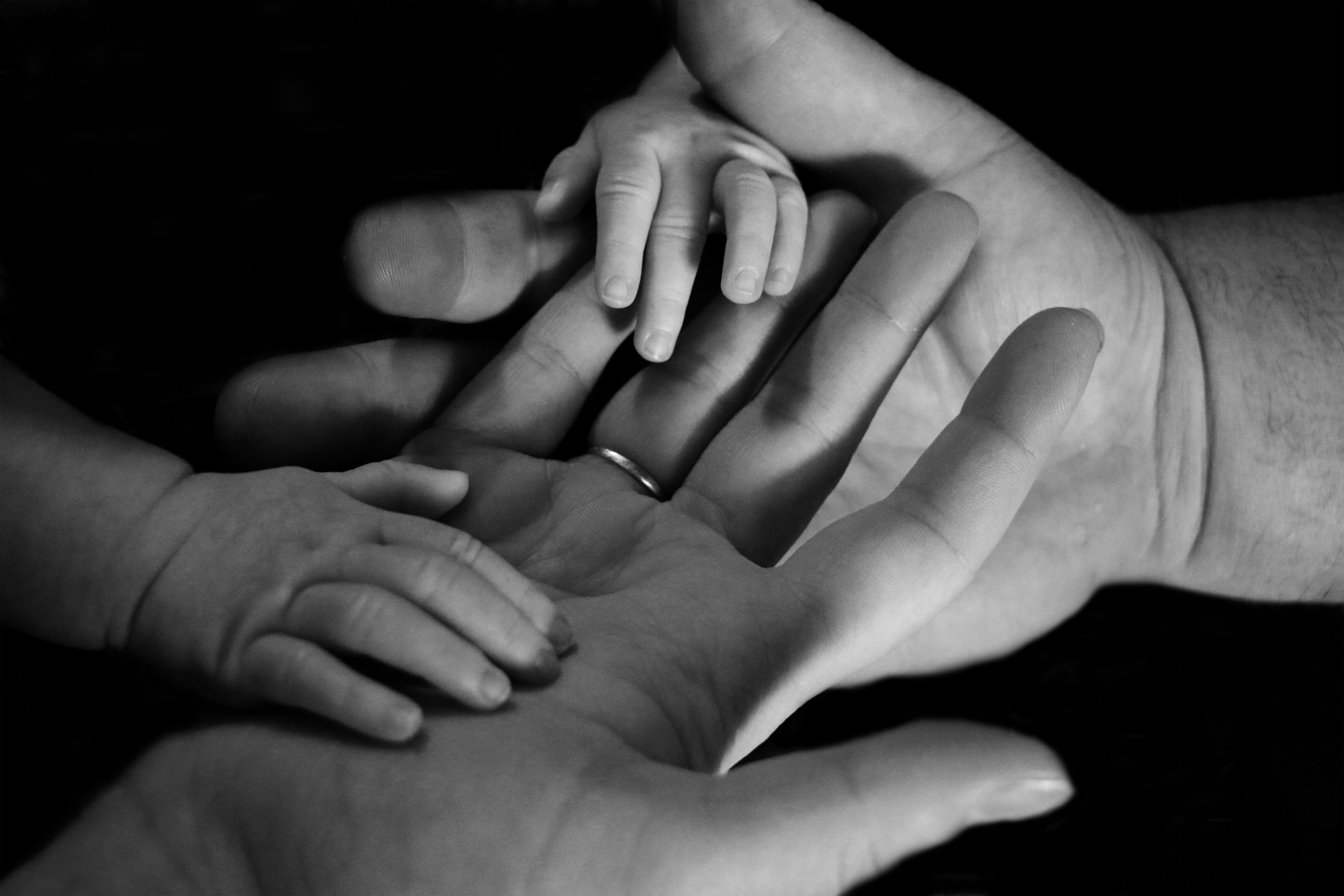All Insights
How To Observe Your Thoughts (And Why You Should)
Mar 15, 2022
Emma Clark
In this blog post, we explain how to observe your thoughts, explore the benefits of doing so, and provide some tips on how you can get started today.
Have you ever found yourself caught up in a spiral of negative or unhelpful thoughts, feeling like you are unable to break free? It's easy to feel overwhelmed or consumed by our own thoughts, but it's important to remember that we are not our thoughts. Our thoughts are just one aspect of our being, and we have the power to observe them without being controlled by them. In this post, we will explore the benefits of observing your thoughts and provide some tips on how to get started.
We are not our thoughts in the sense that thoughts are temporary mental events or sensations that come and go, while we are the conscious awareness that experiences these thoughts. Our thoughts do not define us or determine who we are, they are simply one aspect of our being. We have the ability to observe our thoughts, rather than being controlled by them.We all have the power to distance ourselves from our thoughts and not identify with them as if they are our own, and through doing so we can develop a deeper sense of mental clarity and peace.
Observing your thoughts can help you become more self-aware, better understand your emotions and motivations, and gain a sense of perspective on your experiences. By observing your thoughts rather than getting caught up in them, you can learn to become more present in the moment and less reactive to your surroundings. This can lead to a greater sense of calm and clarity, and can also help you make better decisions. Additionally, observing your thoughts can help you identify and challenge negative or unhelpful thinking patterns, which can ultimately lead to improved mental health and well-being.
Here are some ways you can learn to observe your thoughts:
Practice mindfulness: mindfulness involves bringing your attention to the present moment and observing your thoughts and feelings without judgment. You can try mindfulness meditation or simply take a few moments throughout the day to focus on your breath and the present moment.
Keep a journal: writing down your thoughts can help you become more aware of your thought patterns and any negative or unhelpful thoughts you might have.
Reflect on your day: take some time at the end of the day to think about what you did and how you felt. This can help you become more aware of your thoughts and emotions.
Seek feedback from others: asking friends or loved ones for their perspective on your thoughts and behaviors can provide valuable insight.
Seek therapy: working with a mental health professional can provide a safe and supportive environment to explore your thoughts and emotions.
Read: To learn more about this concept, there's two books I commonly recommend to my clients. The first is The Untethered Soul by Michael Singer, and the second is A New Earth by Eckhart Tolle. Both of these books do a great job of further explaining the power that comes from learning to observe our thoughts with non-judgmental awareness.
Monthly Newsletter
I write regularly about things I'm learning about, different approaches to therapy, & tools you can use to stay balanced.





